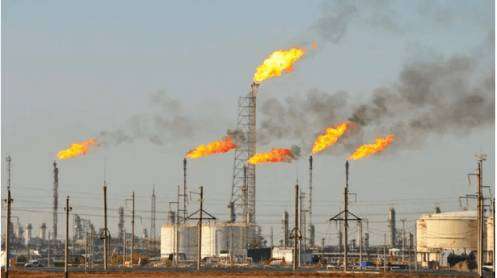LONDON: Senior US and Chinese officials convened in London on Monday in a bid to ease escalating trade tensions that now threaten to disrupt global supply chains, particularly over the export of rare earth minerals. The high-stakes dialogue, held at Lancaster House, marks a follow-up to last month’s preliminary trade agreement in Geneva, which temporarily cooled tensions between the two powers.
However, US officials have since accused Beijing of stalling on its commitments—especially regarding the shipment of rare earths, critical for electric vehicles, semiconductors, and defense equipment. White House economic adviser Kevin Hassett said the US expects “a handshake” from China on resuming exports, following a phone call last week between Presidents Donald Trump and Xi Jinping.
“This meeting is about ensuring China’s seriousness—about turning words into action,” Hassett said, emphasizing the immediate need for export control relief.
The talks, expected to continue into Tuesday, come as both nations grapple with economic strain. China’s exports to the US dropped 34.5% in May, the steepest fall since the early COVID-19 era, while US GDP contracted in Q1 due to preemptive import surges. Though inflation remains stable, confidence among US businesses and households has weakened.
Leading the US delegation are Treasury Secretary Scott Bessent, Commerce Secretary Howard Lutnick—whose presence highlights the centrality of export controls—and Trade Representative Jamieson Greer. China’s team is headed by Vice Premier He Lifeng.
The rare earths dispute intensified after China suspended exports in April, severely impacting industries worldwide. The situation eased somewhat after China granted temporary export licenses to suppliers for major US automakers.
Monday’s meeting builds on momentum from last week’s Trump-Xi call, in which Xi urged the US to tone down trade pressures. Trump later claimed the discussion ended on a “very positive” note.
Despite the optimism, analysts remain cautious. Eurasia Group’s Ian Bremmer noted that decoupling trends and US pressure on allies to cut dependence on China mean a long-term resolution remains unlikely.
“The mood may improve short-term, but strategic rivalry still dominates the relationship,” Bremmer said.
By Reuters







